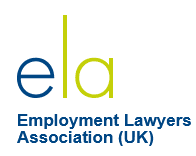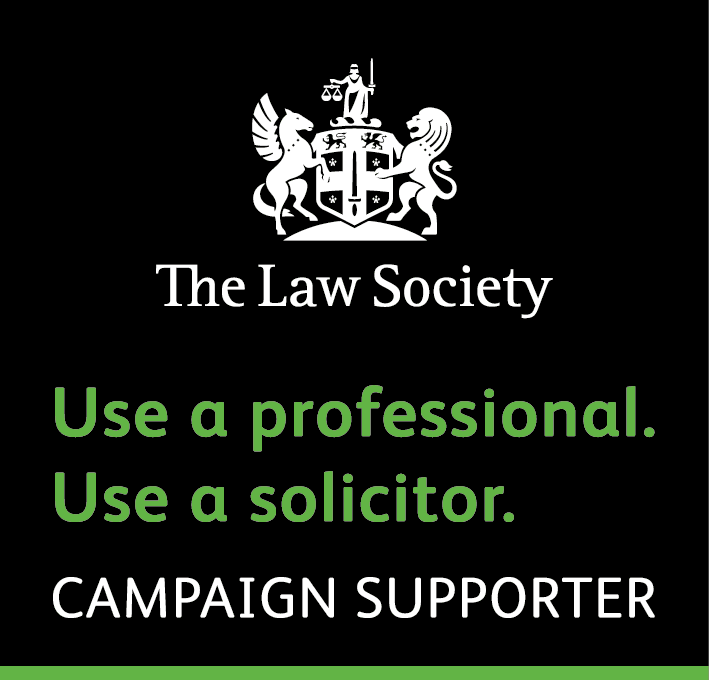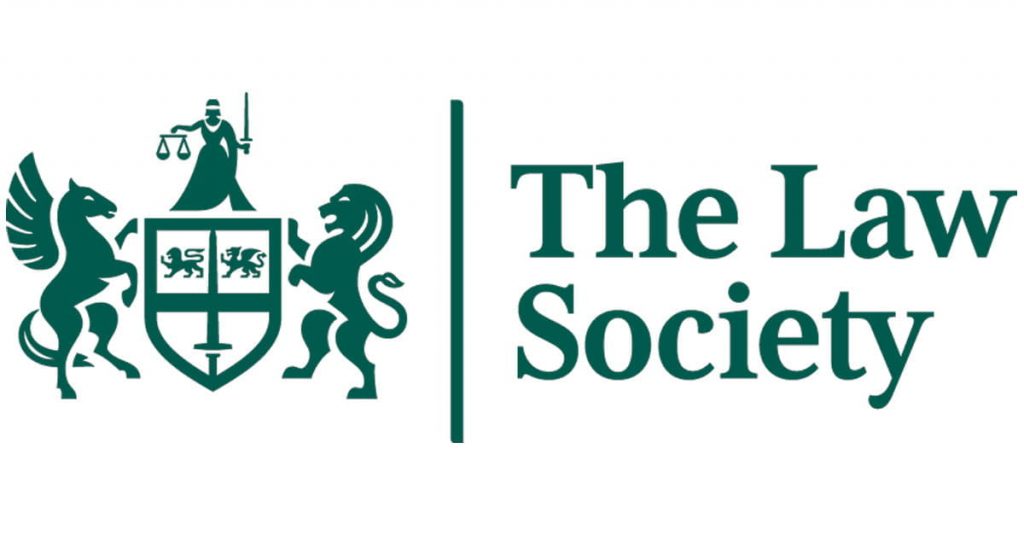Services
Redundancy pay is free from employee income tax and national insurance contributions up to a maximum of £30,000.
If you receive a contractual redundancy (often refereed to as an enhanced redundancy) which takes you over the £30,000 then you will be taxed as normal on the balance.
As an example if you receive a statutory redundancy payment of £10,760 and an enhanced contractual redundancy payment of £40,000, your total redundancy payment is £50,760. You will pay nil income tax & national insurance contributions on the first £30,000.
You will then pay income tax as normal on the balance of £20,760. You will not however have to pay any national insurance contributions on the balance of £20,760.
Redundancy Settlement Agreements
If you have been offered a settlement agreement as part of the redundancy process please note that all contractual payments you will receive including your notice pay (even when paid in lieu of notice) will be subject to income tax and national insurance contributions as normal.
This will include the following contractual payments:
- Unpaid wages and profit target payments or overtime: these are taxable in full and NIC is payable, even if you receive the amounts after your employment has ended.
- Payments in lieu of notice: you might be expected to work your notice period before your redundancy takes effect, but often you will get a payment in lieu of notice and be able to leave straight away. From 6 April 2018 such payments are always fully taxable and liable to NIC.For payments made before 6 April 2018, if your contract of employment provided for such a payment or your employer normally paid them, HM Revenue & Customs (HMRC) will argue that they are taxable in full and that NIC is payable. This can be a complex area and the position depends on the particular facts, so you may need to take advice from a tax adviser. We tell you how you can find a tax adviser, including through the tax charities.
- Holiday pay: this is treated in the same way as wages, so it is taxable in full and subject to NIC.
- Restrictive covenant: any payment made to you on the basis that you restrict your activities in some way is taxable in full and NIC is payable.
- Employer contributions to a pension scheme: normally these are totally free from tax and NIC.
- Occupational pensions: these are taxable in full, but no NIC is payable. You may be able to commute, that is exchange, part of a pension entitlement for a tax-free lump sum. This normally only applies if you have reached a minimum age. The rules for accessing pension funds generally changed from 6 April 2015.

Solicitor Call Back
Request a FREE no obligation consultation with a solicitor by completing the form below
You can learn more about how we handle your personal data by viewing our Privacy Policy
Ready to speak to an employment law expert?
What makes SA Solicitors different ...
Common settlement agreement issues our solicitors deal with ...
> Counter Offers
> Negotiating Tactics
> Termination Payments
> Compensation Payments
> Grievance Issues
> Notice Pay
> Tax Payments
> Furlough Advice
> Discrimination
> Constructive Dismissal
> Unfair Dismissal
> Redundancy
> Bullying & Harassment
> Sick Absence
> Disciplinary Proceedings
> Capability Arguments





